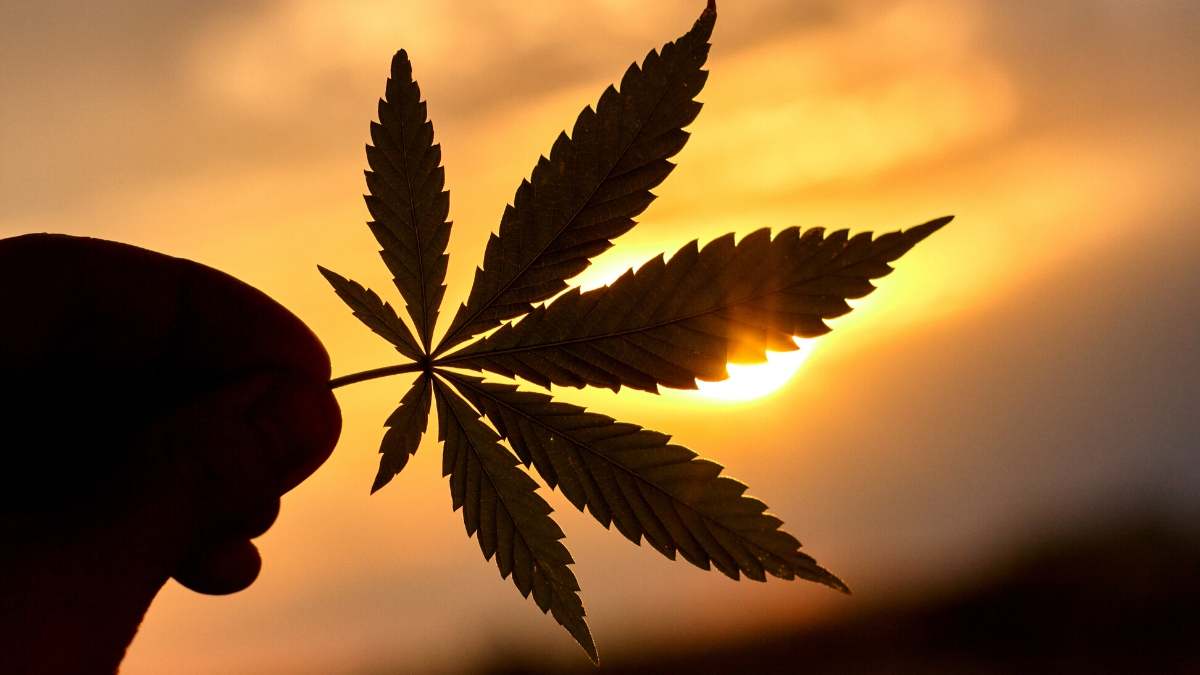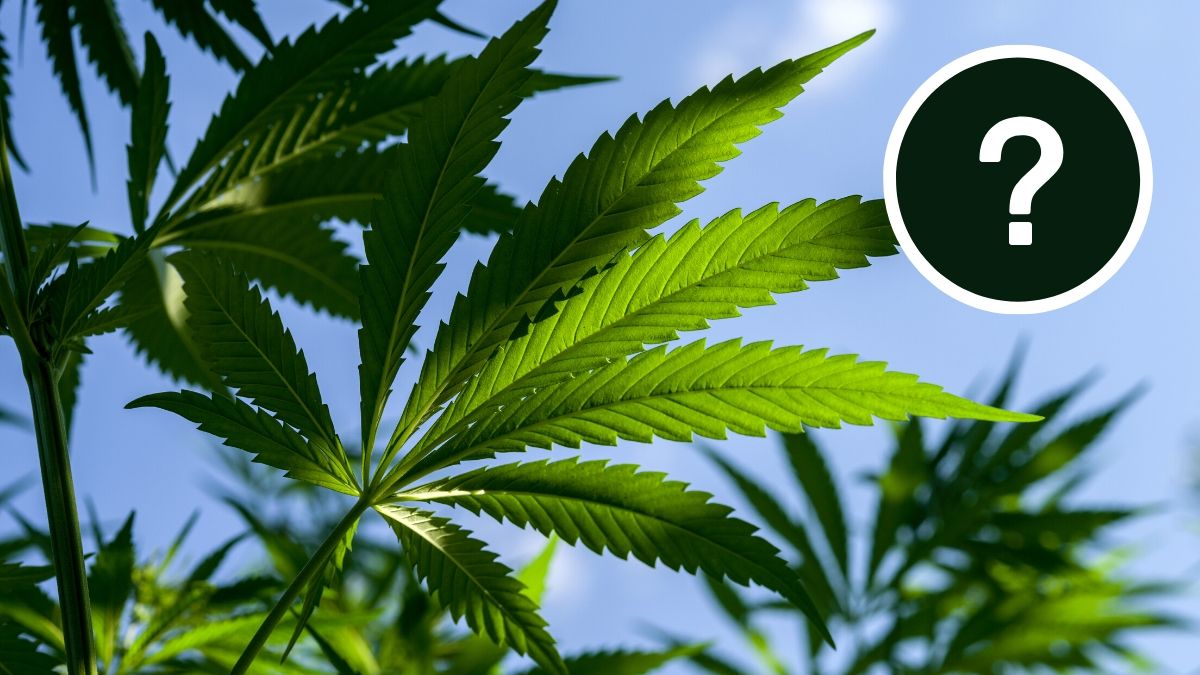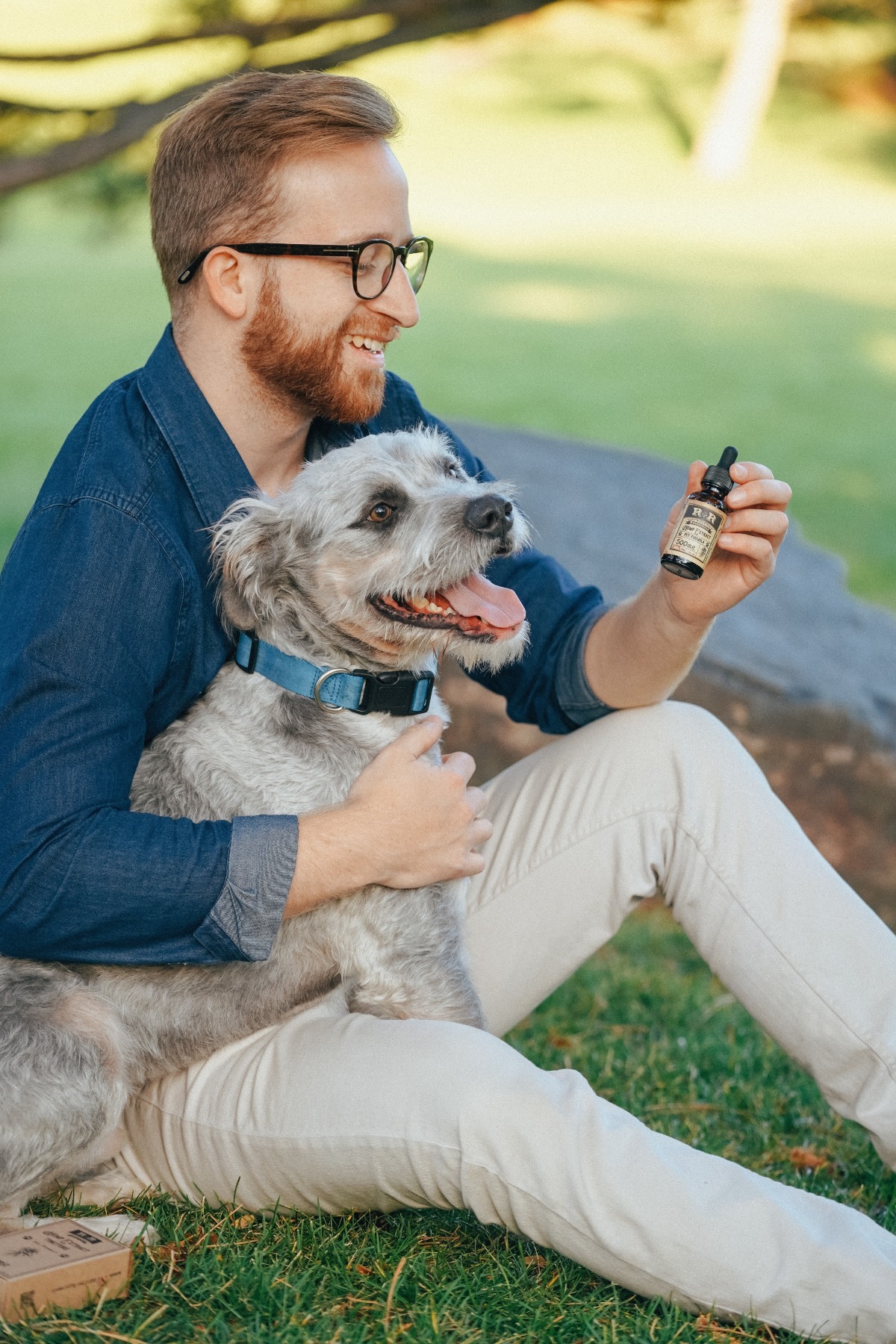Like other drugs and substances such as caffeine, patients can develop a cbd tolerance over time. This article will discuss tolerance building for THC and CBD as well as offer ways to reduce cbd tolerance.

Is it possible for patients to build up a tolerance to their medical cannabis medication? The answer is both yes and no. The reason being is that tolerance profiles are different for THC and CBD, the two main active components of medical cannabis. While frequent use of medical cannabis will lead to a higher tolerance to THC, the same isn’t necessarily true for CBD.
The aim of this article is to answer some of the following questions for patients:
- Will I build a tolerance for medical cannabis?
- Will I need to take more and more over time to help me manage pain?
- Will I become dependent on large doses of cannabis?

What is Tolerance?
Developing tolerance means having to take increasingly higher doses to achieve the same effects as initially experienced. Please note that building tolerance isn’t to be confused with physical addiction or dependence. People who frequently drink coffee will find that they must drink more to feel the same effects as when they first started drinking. But why does the body build a tolerance to substances in the first place?
Your body’s primary function is keeping itself in a state of homeostasis, or cellular balance. When a foreign substance is introduced, whether it’s drugs, food or even water, the body processes it and immediately tries to restore itself to homeostasis. This explains why frequent consumers of alcohol have built a high tolerance over time because the body gets better at adapting itself to regulating the chemical imbalance to the best of its ability.

Will patients develop CBD tolerance to Medical Cannabis?
Before we answer this question, it’s first important to separate and distinguish medical cannabis into two main active components: THC and CBD, as tolerance-building works differently for each.
THC or tetrahydrocannabinol is the psychoactive ingredient that is responsible for users feeling “high.” CBD or Cannabidiol is regarded as the medicinal element that has been shown to alleviate the symptoms of anxiety, chronic pain, depression and nerve pain. Unlike THC, CBD does not cause any intoxicating effects. However, THC does demonstrate clear health benefits for patients suffering from pain, low appetite, insomnia and PTSD.

Will patients develop a tolerance to THC?
Yes, patients can develop a tolerance to THC. Similar to other drugs and chemicals like caffeine, continual and heavy THC use will result in tolerance-building.
When THC is consumed, it binds to CB1 receptors that primarily located in the brain. After heavy THC usage, these CB1 receptors become more resistant and begin to downregulate the effects of THC to maintain balance. In other words, the more THC that you consume, the better and more efficient your body becomes at managing it.
Will patients need to take more THC to feel the same effects?
Yes, as recreational users will confirm, frequent use of THC will result in having to take more THC to attain the same effects. Over time, CB1 receptors become less sensitive to THC. So when you introduce this cannabinoid into your system, only a portion of it triggers those receptors and causes a reaction. This happens due to CB1 receptors adapting to your cannabis consumption. High levels of THC in the body become the new norm, which means you need to start taking more substantial doses to feel the same effects.
How can patients reduce THC tolerance?
The key to reducing THC tolerance is taking periodic breaks. By taking breaks, you allow your receptors time to recover and replenish. Studies have shown that receptors start to rejuvenate in as little as two days. Taking regular breaks every few weeks will help maintain your tolerance at a moderate level. Patients who wish to reset their THC tolerances back to zero should abstain from cannabis for approximately four weeks.
Will patients experience withdrawal from THC?
Ultimately, withdrawal symptoms depend on the length and frequency of use. While many users will not feel withdrawal effects, long-term users with heavy use may experience withdrawal symptoms, such as:
- Irritability
- Mild insomnia
- Reduced appetite
- Cannabis cravings
- Mood changes
- Headaches, sweating, chills
The duration of withdrawal symptoms is approximately two weeks, with most symptoms peaking within the first week.

Will patients build a tolerance to CBD?
No. The good news is, CBD doesn’t seem to create a CBD tolerance in regular users. This is because CBD and THC don’t bind to CB1 receptors in the same way. As a result, when CBD binds to these receptors, they don’t become desensitized.
In a 2011 study published by Mateus Machodo Bergamaschi et al. found that “CBD administration did not induce side effects across a wide range of dosages, including acute and chronic dose regimens, and tolerance to CBD did not develop.“
Some researchers even suggest that CBD creates “reverse CBD tolerance,” meaning that patients need to take less and less over time. So for medical cannabis patients that rely mainly on things like CBD oil, or CBD-dominant cannabis strains, CBD tolerance isn’t something to worry about.
The Final Word
Medical cannabis helps thousands of people. But, while it is very safe, it can also create a tolerance to THC. For patients who rely on THC-high products for relief and wish to keep their tolerance in check, it is recommended to take periodic breaks every few weeks.
No matter what you use medical cannabis for, it’s important to remember that it does change the way that your body works. Understanding those mechanisms is crucial to safe and effective cannabis consumption.




